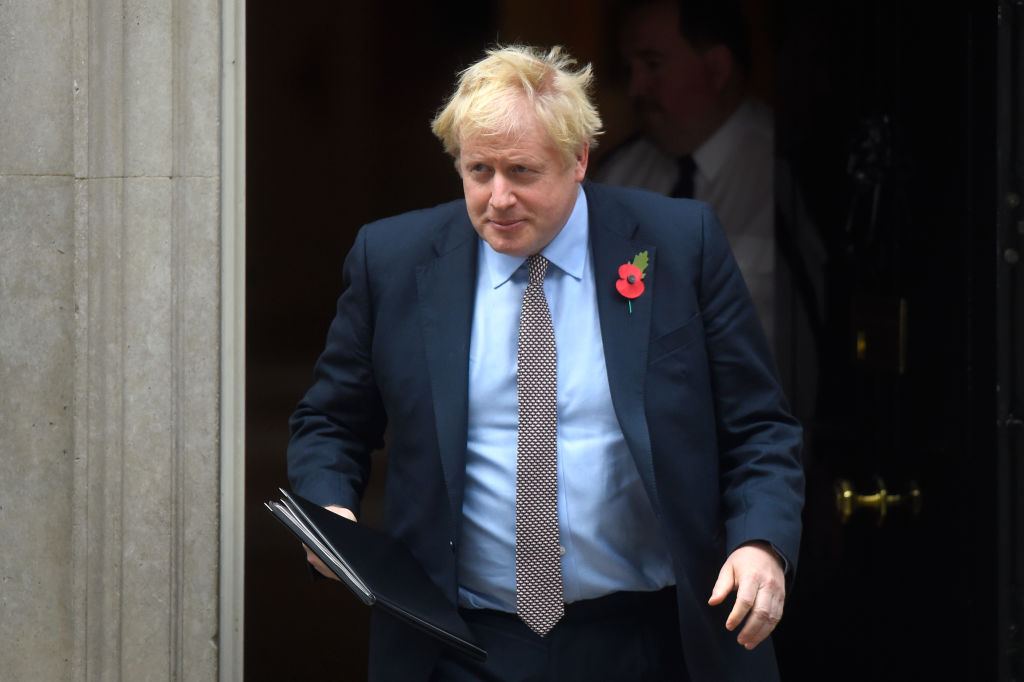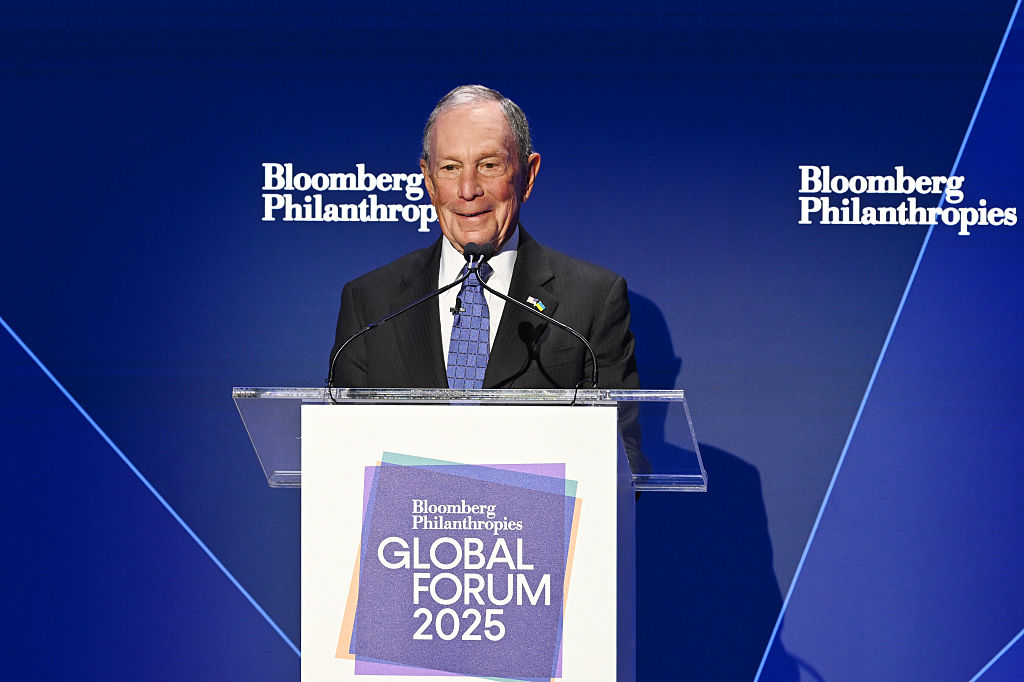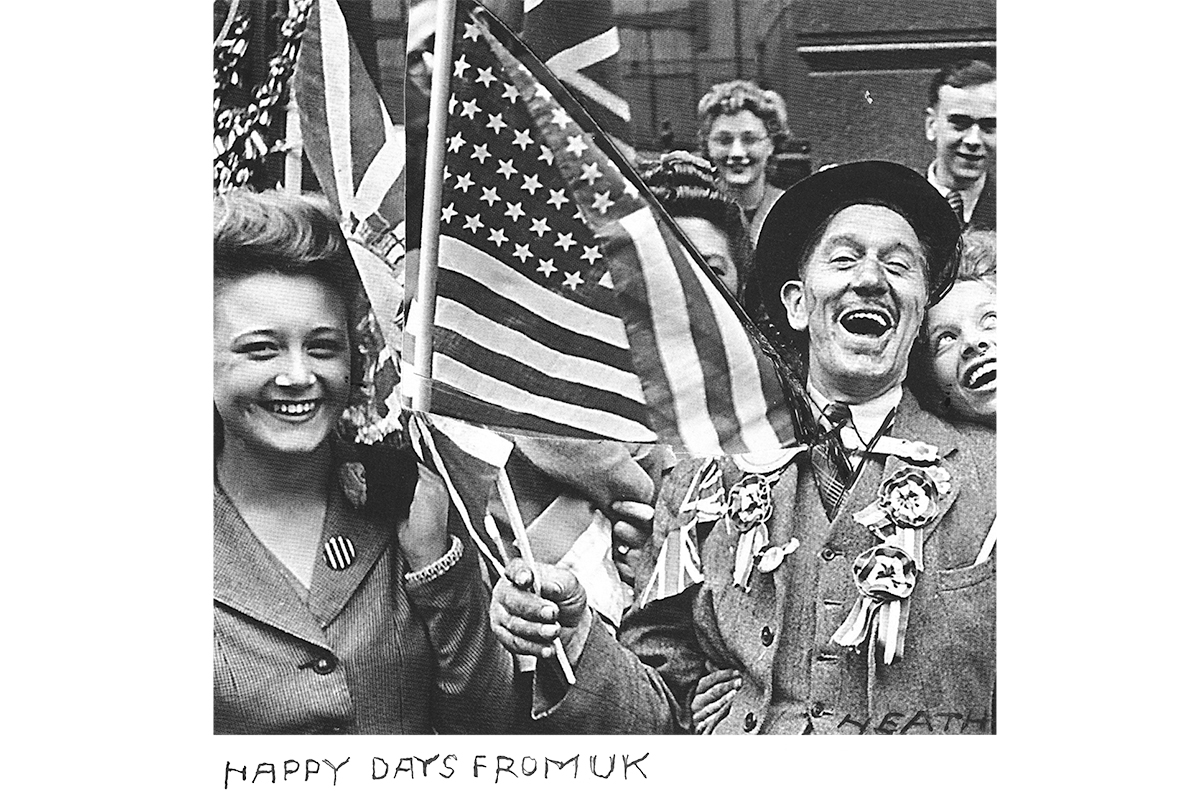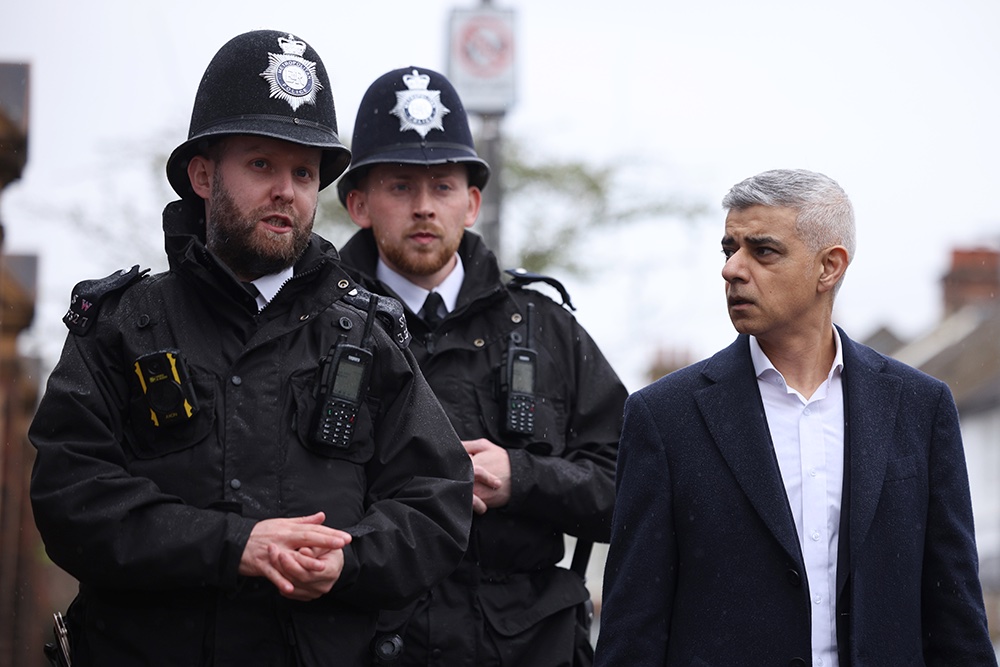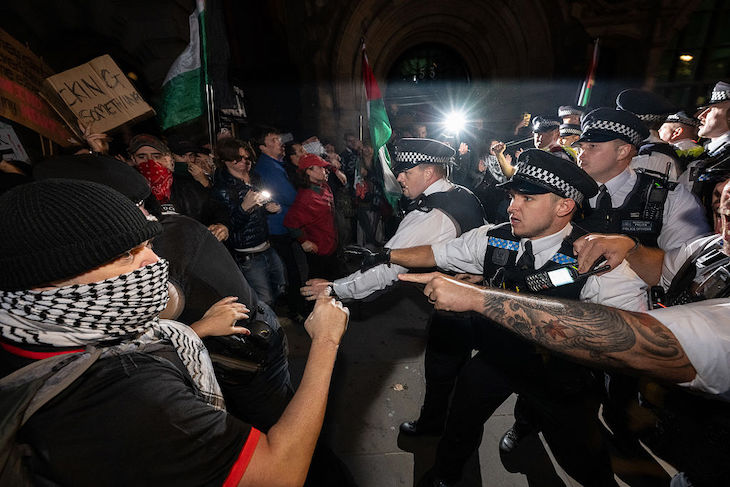My infinitesimally small claim to fame in the UK’s upcoming elections is that the prime minister once called me McVeigh, as in ‘Timothy McVeigh.’ The year was 2001. I was a college student looking to pay the bills with punditry dollars and pounds. Boris Johnson was a sitting Member of Parliament for Henley and the editor of this journal.
Timothy McVeigh was scheduled to be executed that summer for bombing a federal building in Oklahoma City, which killed 168 men, women, and children. I wrote an article calling for a retrial and submitted it to The Spectator. It wasn’t a defense of McVeigh. Rather, it was a defense of procedural justice. The US government admitted that it had ‘misplaced’ about 100 boxes of evidence in the case. Mistakes happen but that seemed about 99 boxes too many to overlook. McVeigh’s defense counsel were deprived of a treasure trove of information they could have used in the case.
I argued for a retrial, with all of the boxes of evidence on the table. To me, this was about basic fairness. To Boris, that was poppycock. His response to me began, ‘Dear McVeigh’. Unfortunately, the rest of it has been lost to the sands of digital time and deleted email. Which is a shame. If ever there was a rejection notice to print out and frame, that was it!
You can see a bit of that not-having-any-of-it stubbornness in Johnson’s refusal of a soft Brexit. You can see it also in his insistence that since there was clearly a pro-Brexit majority outside of Parliament and an anti-Brexit majority inside of Westminster, it was time for an election. His de-selection of the pro-Brexit Tories was the cherry on top.
I won’t claim to understand the intricacies of British politics, but here is how Brexit looks from America: it looks like a great mass of people trying to throw off the rule and influence of a foreign, imperious power in the EU. And here is how Remain looks: like loyalists trying to maintain this rule and keep the coin and cachet they derive from things staying roughly the way that they are right now.
Of course, this picture is complicated by the fact that the de facto leader for, and beneficiary of, Remain is Jeremy Corbyn. The best thing the Labour leader has going for him going into the election is the name Jeremy. Everything else – his views, his humorlessness, his prevarication, his cowardly refusal to fell the government and hold a vote leading up to the October 31 deadline that went whooshing by – strikes many as bad for Britannia.
It’s always irksome when people who aren’t broadly ‘from’ a place to parachute in and tell the locals how to vote. So I won’t do that here. I’m an American, married to a Canadian, with a little four-month-old daughter who may one day have dual citizenship if her mother really pushes it. My household has, at most, one-and-a-half members of the Commonwealth, which is distantly related to membership in the United Kingdom.
Yet it can be a useful exercise to put yourself in someone else’s kicks for a minute and ask ‘What would I do, given x?’ The practical options in this election make this ballot a fraught one for many people. If I were a part of the United Kingdom’s polity, would I vote for a man who once likened me to a terrorist and refused to publish my article, in order to get Brexit and send Jeremy Corbyn packing? To quote this shake of the Magic 8-Ball, ‘All signs point to yes.’ (Thank goodness it didn’t say, ‘Ask again later.’)



